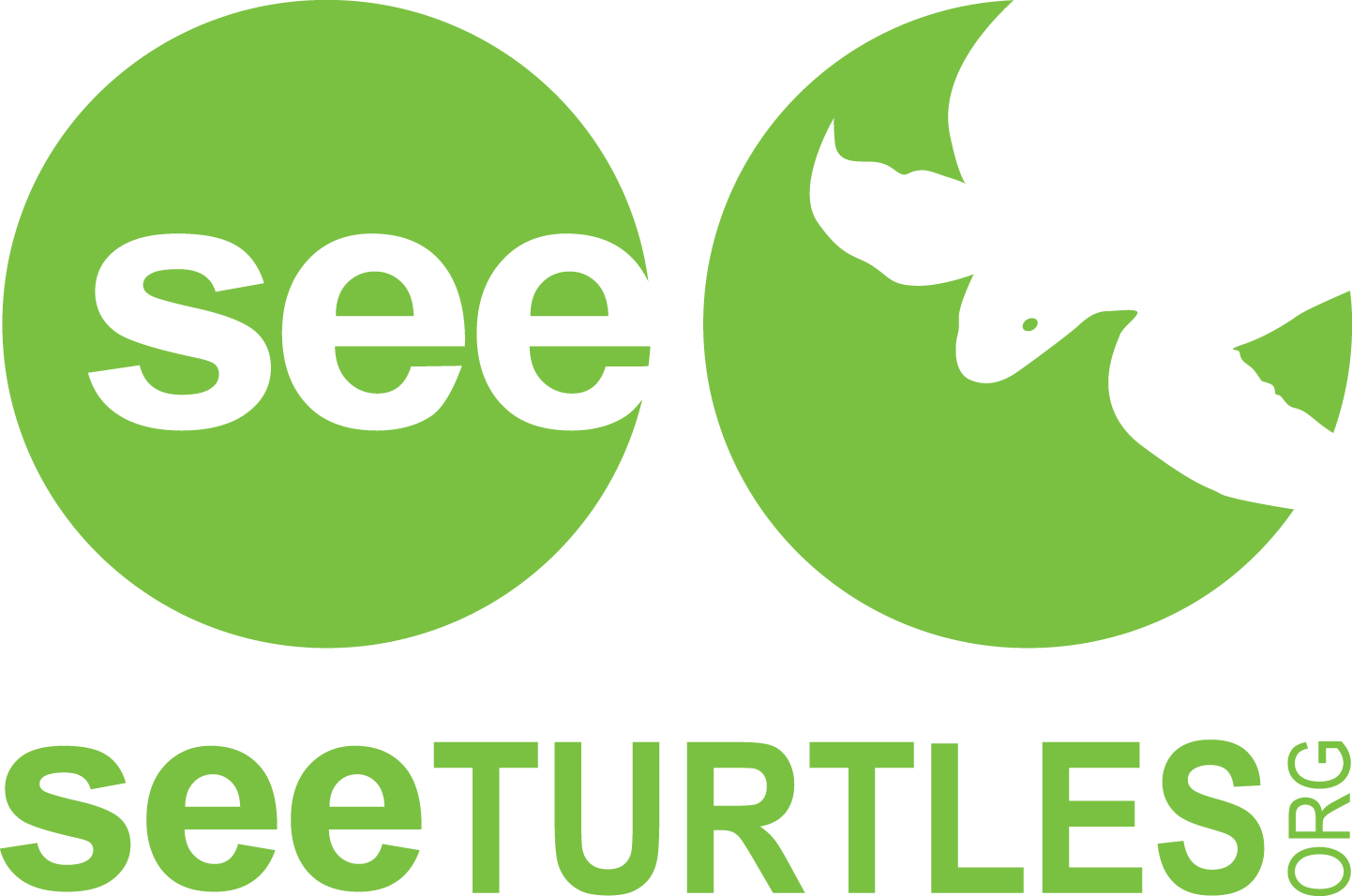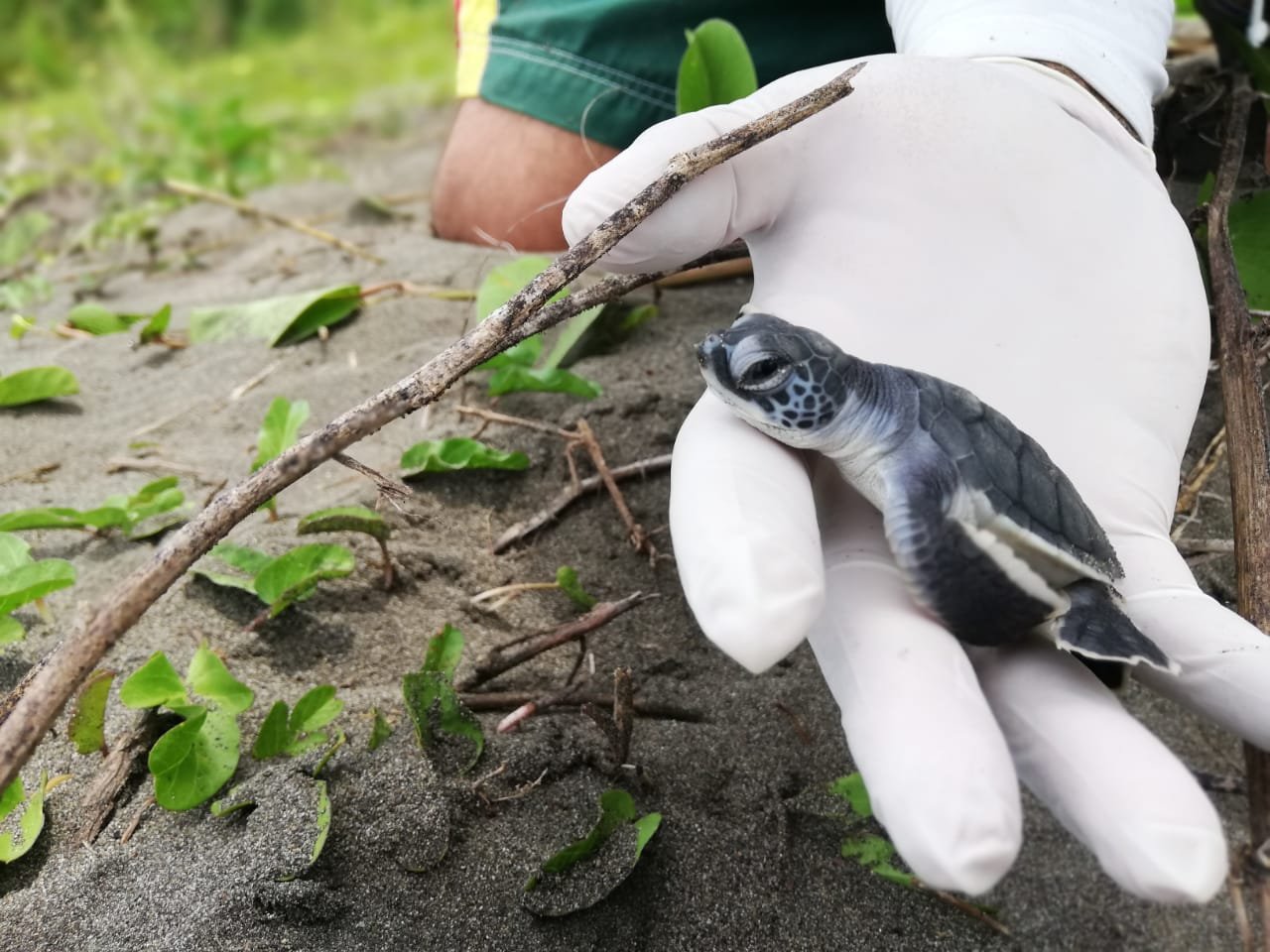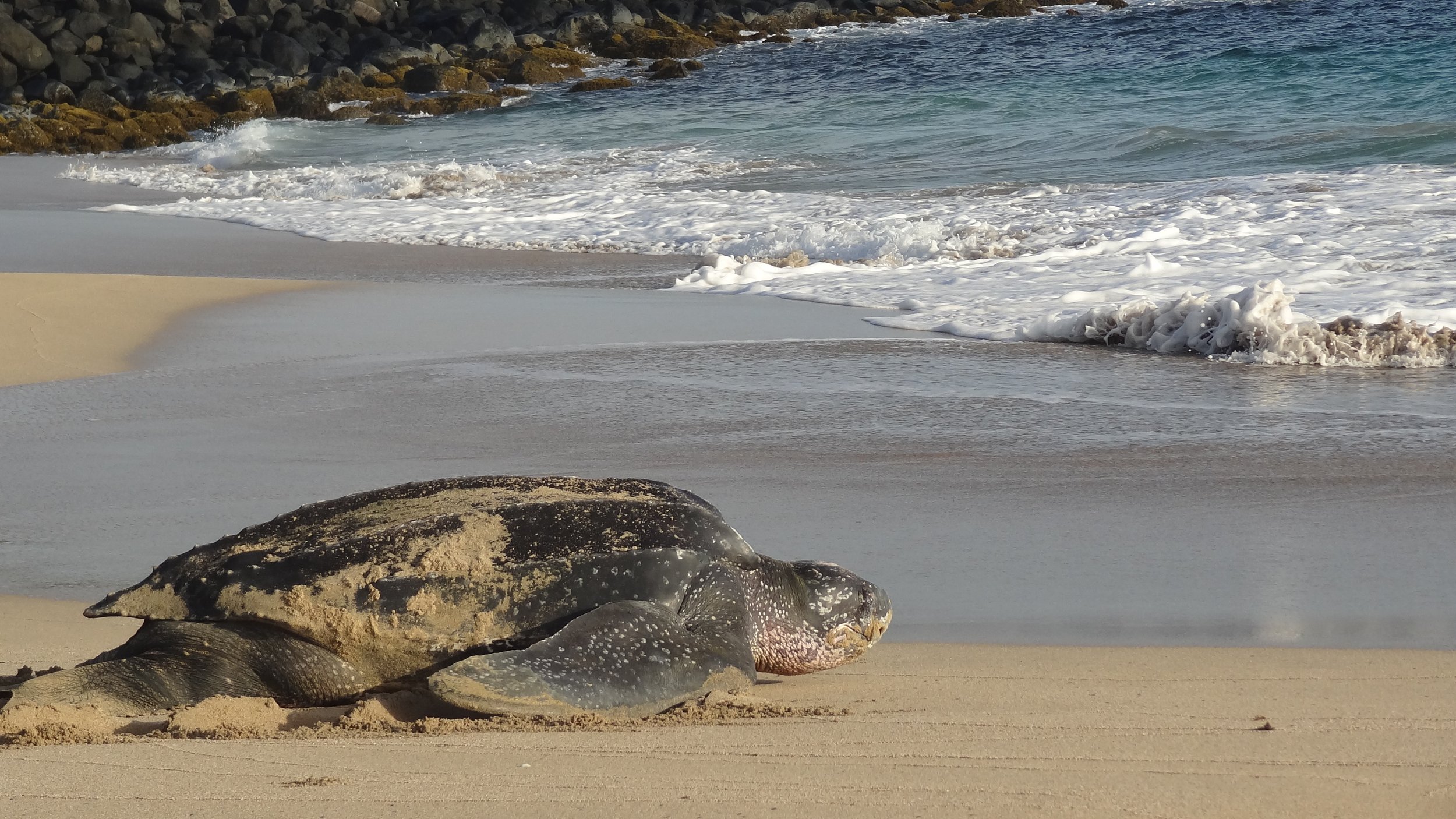February & March Partner Update
We’re back with our first update of 2023. So far this year, we have provided new grants to our partners through our Billion Baby Turtles, Sea Turtles & Plastic programs. In total, we have provided $29,000 in 5 grants to turtle nesting beaches, one plastic cleanup program, and support for our Sea Turtle Inclusivity Fund recipients to attend the International Sea Turtle Symposium.
In March we participated in the International Sea Turtle Symposium in Cartagena Colombia. It was the first in-person international symposium since 2019 and it was great to meet many of our turtle friends, partners, and learn about many projects around the world. In collaboration with our partner Fundación Tortugas del Mar based in Colombia, we provided to all the participants with a map of shops that had committed to avoid any turtleshell product in their stores.
During the symposium we were very active: Our president, Brad Nahill, gave the keynote talk during the opening ceremony, co-chaired the Conservation, Management, and Policy session, and participated in a round table on the illegal wildlife trade. Our program director, Adriana Cortes gave a talk during the RETOMALA (Latin America Network) about all our SEE Turtles Programs; an oral presentation during the general meeting about our main programs and achievements of the past years as organization, and was also co-chair of the Nesting Biology session. Bethany had two oral presentations during the general meeting, one regarding the results of her master work and a second one about our Sea Turtle Week.
FEBRUARY
Turtle Love, Playa Tres, Costa Rica
Turtle Love runs a community-based conservation project working to protect sea turtles nesting at Playa Tres, the second most important nesting beach for green turtles in Costa Rica, in addition to supporting leatherback and hawksbill turtle nesting. With 241 patrols carried, 154 nests of green, 25 of leatherback and 6 of hawksbill turtles were relocated and the rest left in situ. Despite the team efforts, 31% of the nests in situ and 10% of the relocated nests were illegally taken.
Photo: Turtle Love
During the season 2022, 1,085 nests of green turtles, 75 of leatherbacks and 27 of hawksbills and approximately 103,603 of green, 3,800 of hawksbills, and 3,069 leatherback hatchlings were protected in Playa Tres. With US $ 10,000 Billion Baby Turtles plans to support the protection of around 70,000 baby turtles this year over two grants. We would like to add that at the end of the season, last November, the field station of Turtle Love suffered a fire, resulting in the loss of all the equipment and the house. We provided additional support to replace some of the lost equipment.
Ocean Spirits, Grenada
Ocean Spirits was established in 1999 with the primary mission to conserve the marine environment and associated biodiversity via education, research, and community development. In collaboration with key stakeholders, Ocean Spirits leads conservation efforts for leatherback sea turtles, critically endangered hawksbill sea turtles, and endangered green sea turtles through preservation of nesting and foraging sites and alleviation of local threats and pressures. With US$6,000 we support this project and expect to protect at least 12,000 endangered baby hawksbill and baby leatherbacks.
Photo: Kate Charles / Ocean Spirits
MARCH
The Tetepare Descendants’ Association (TDA), Solomon Islands
The TDA have been conserving critically endangered leatherback turtles at two of the most important nesting beaches in the Solomon Islands since 2003. Prior to this all turtle eggs and any nesting females encountered on the beach were eaten and no hatchlings had been seen by any villagers under the age of 50. Even after the harvesting stopped, most eggs were either eaten by monitor lizards or washed out by waves, so now hatchlings only emerge from nests relocated to safe hatcheries.
Nesting beaches are now patrolled nightly during the main nesting season (Nov-Feb) and occasionally in the off-season(June-August) and trained villagers are paid an incentive of SBD $350 (US$35) for every relocated nest that hatches 60 days later. Many of these funds are typically provided by ecotourists to the remote communities but tourism has totally ceased (due to Covid19) for the past 2 years and turtle monitors have not been paid at all since June 2022. Billion Baby Turtles supported this project with US $2,000 from our Emergency Funds in order to continue their work and save approximately 500 hatchlings.
PAMALi, Indonesia
Pamali Indonesia is a nonprofit organization working on sea turtle protection and conservation. PAMaLi Indonesia relocated nests that are located below the high tide and on the location high risk of disturbance from animals or humans. For hawksbill nests, all of them are relocated to the hatchery, because they are very vulnerable from predators. With US $4,000, we expect to help 20,000 baby turtles to reach the ocean.
Photo: PAMaLi Indonesia
ProNatura, Yucatán, Mexico
For more than 30 years, ProNatura has protected 3 of the most important nesting beaches in the Yucatan Peninsula. Celestún in Yucatán and Holbox in Quintana Roo are some of the most important nesting beaches for hawksbills in Mexico. El Cuyo is the second most important nesting beach in the Peninsula for green turtles. In the 2022 season, it was observed an increase in the number of nests at the three nesting beaches. For all the 3 beaches they had a total of 3,990 hawksbill nests, 4,917 green turtles nests, and 3 leatherback nests; these totals saved an estimated 365,079 hawksbills, 499,133 greens, and 282 leatherback hatchlings. With US $7,000 for this season, our funds are expected to help almost 20,000 baby turtles to get to the ocean.
SEA TURTLES & PLASTIC
Costa Rican Alliance for Sea Turtle Conservation & Science (COASTS), Costa Rica
COASTS’ aim is to safeguard sea turtle populations and their habitat by collecting data on their activities, conducting nightly patrols to prevent poaching, engaging in environmental outreach, restoring habitat, and providing alternative income for the local communities. For this grant they are focusing on removing plastic from the mouth of the Rio Sixaola and adjacent stretch of beach during the sea turtle nesting season. They have started to remove plastic during the past two nesting seasons and have pulled a total of 2117 kg (more than 2 metric tonnes) of plastic. With a grant of US $5,000, we expect to support the plastic removal and increase the efficiency of the team with the help of the community.



